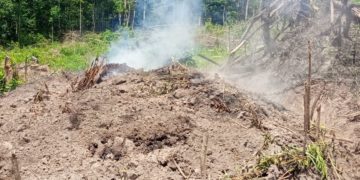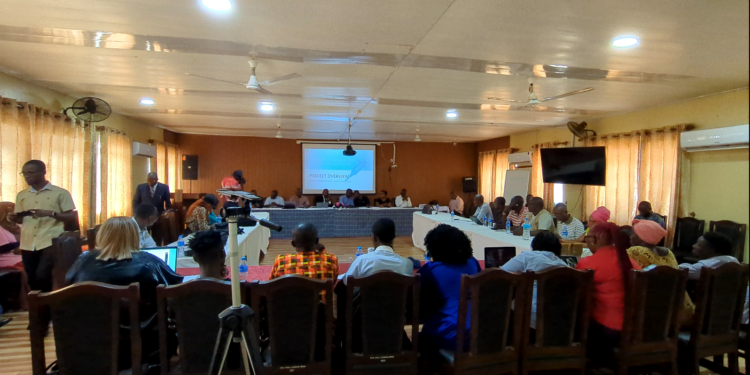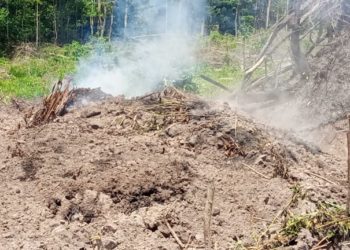By Kemo Cham
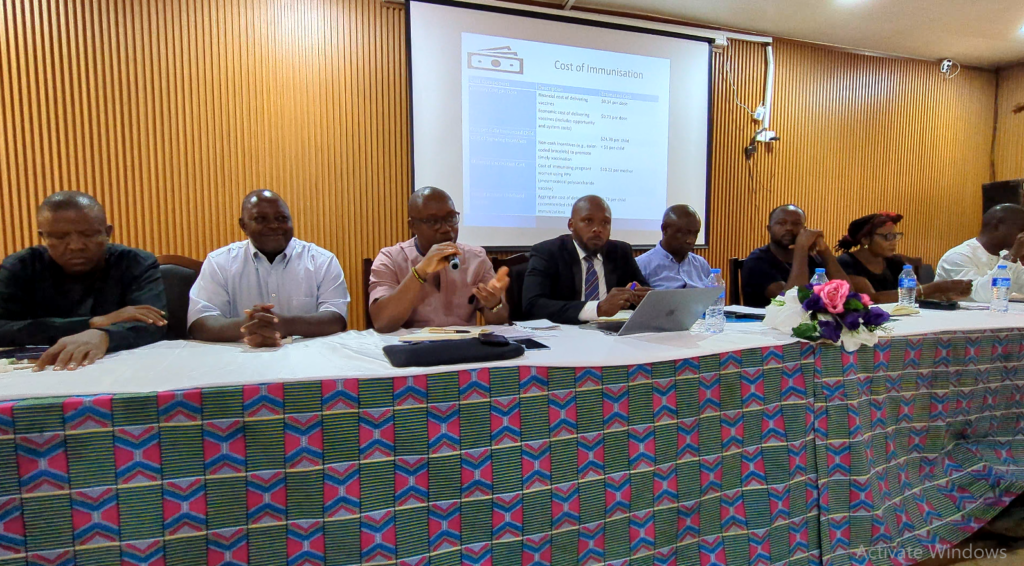
The healthcare advocacy organization, Health Alert, on Thursday April 10th convened a Roundtable on mobilization of domestic resources for immunization and primary healthcare in Sierra Leone.
The meeting held in the conference hall of the Council of Churches Sierra Leone, offered a platform to deliberate on a strategy for domestic resource mobilization, in light of dwindling donor funding.
The participants were drawn from government, its development partners and healthcare campaigners.
The objective of the Roundtable, according to organizers, was to review key data and findings from a national immunization and primary healthcare financing analysis, which include budget execution, funding gaps and the government’s co-financing obligations for immunization. It also offered a platform to engage decision makers and to strengthen collaboration among the various players in the healthcare space.
Data from the analysis of national immunization and primary healthcare financing reveal that on average, Sierra Leone has been allocating 9 percent of its budget to the health docket in the last six years, falling far below the Abuja targets of 15 percent of GDP, as agreed by African Union leaders in 2001.
Consequently, the country’s health sector has been largely donor-driven, which campaigners, development partners and even government officials themselves agree is unsustainable.
“We want to start thinking about how do we move from that domain, in the sense that we start thinking about sustaining our own resources…,” says Dr Mathew Amara, chairperson of the event.
“When we speak about vaccines, we speak about equity. We want to ensure that each and every one, irrespective of where you are, your status, you have access to vaccines and that’s what we are doing in Sierra Leone,” adds Dr Desmond Maada Kangbai, Manager of the Expanded Programme on Immunization.
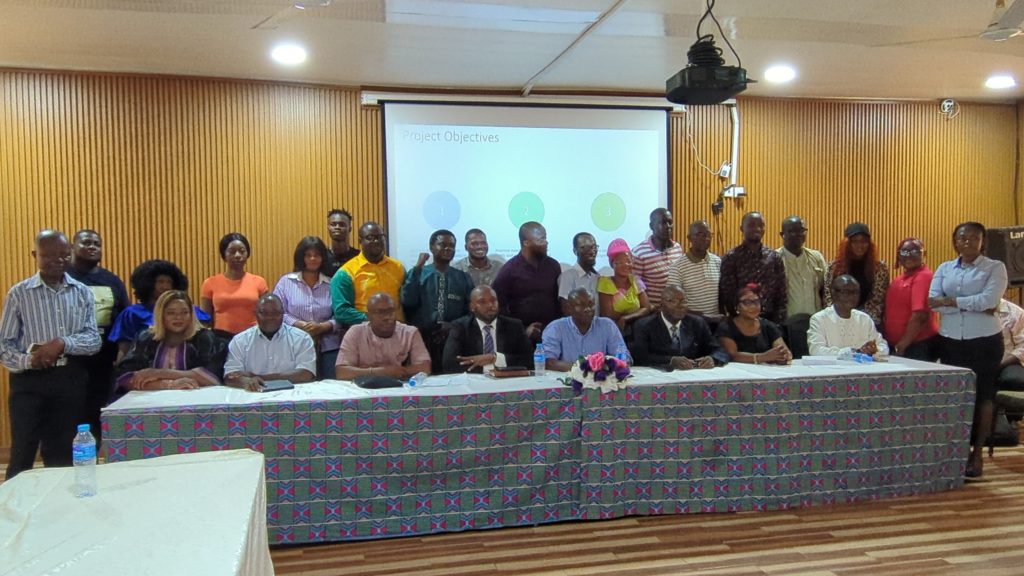
The Roundtable is one of a series of activities planned as part of ongoing implementation of the ‘Advocacy for increased domestic financing for immunization and primary healthcare’ project, an initiative that is designed to promote domestic resource mobilization for healthcare funding. It is co-implemented by Health Alert and WASH Net Sierra Leone, with support from the Global Health Advocacy Incubator and the global vaccine alliance – GAVI.
The project is being implemented in five districts – Bombali, Kenema, Western Area Rural, Kerene and Falaba.
As Team Lead at the Sierra Leone Social Health Insurance (SLESHI) scheme, Dr Amara is leading the country’s effort to create the first health fund, which experts at this event say is crucial for sustainable funding of Primary Healthcare and immunization. But the health economist told audience at the Roundtable that even though government has been meeting its counterpart funding obligations in immunization and other programmes in the health space, the payments have been so fragmented that it makes it difficult to advocate for adequate funding with maximum impact.
Dr Prince Masuba, Medical Officer for the Western Are Rural District, stressed the importance of investing in primary healthcare, which he described as the backbone of the healthcare sector, to which he said 60 percent of resources should be allocated.
“Primary healthcare really means managing progress at the lower level very well, be it preventive or curative, managing them right in the community, creating access in our communities, improving primary healthcare infrastructure, equipment, including supply chain, letting our people get services close to their doors,” he says.
Through this project, the campaign groups Health Alert and WASH Net will engage government and its development partners to advocate for increased funding for the health sector through policy reforms, among other actions.
Victor Lansana Koroma, Executive Director of Health Alert, warns that given the crucial role immunization plays in preventing children fr preventable diseases, it could cost the country even more if the right investment isn’t done at the appropriate time.
“Immunization is critical. We all know what happened during the pandemic, immunization was key. All other sectors were held down,” says Koroma. “It is one of the preventive means against every disease. And it helps to reduce maternal and infant mortality. So if funding is not prioritized for immunization that helps to prevent our system and the kids that are vulnerable to preventable diseases, they will end up losing their lives.”
Thursday’s event included interactive sessions designed to solicit contributions from participants from diverse spheres of life, from government Ministries, Departments and Agencies, to local and international development partners, including civil society campaigners.
The next step in the project is taking the engagement to the district level. And part of this year-long engagement will be training of finance officers of local councils and district health management teams on handling budget allocations.

